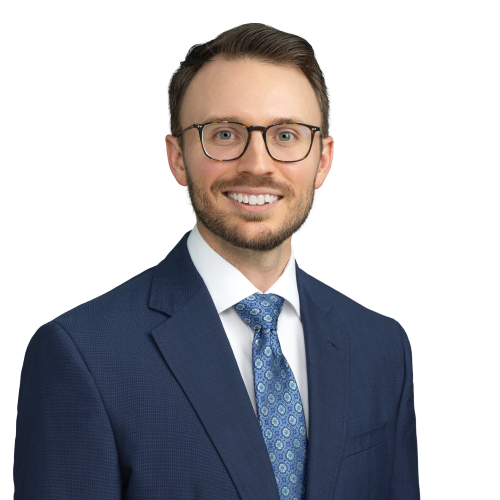Catching More Flies With Honey: Recent DOJ Policy Changes to Coax Cooperation From Corporate Defendants
Self-Disclosure Policy
The first policy — the U.S. Attorneys’ Offices voluntary self-disclosure policy — seeks to reward self-disclosures of corporate misconduct by offering more favorable resolutions to corporations with the goal that such self-disclosure will enable the government to investigate and hold wrongdoers accountable more quickly and efficiently.
To meet the standards of the self-disclosure policy, a company’s disclosure must:
- Be voluntary, which requires that there be no preexisting obligation to disclose;
- Be made (a) before an imminent threat of disclosure or government investigation; (b) before the alleged misconduct is publicly disclosed or otherwise known to the government; and (c) within a reasonably prompt time after the company becomes aware of the alleged misconduct, with the company having the burden to prove timeliness; and
- Include all relevant facts concerning the alleged misconduct that are known to the company at the time of the disclosure.
If a company can satisfy the foregoing standards, and there are no aggravating factors, and the company fully cooperates, and the company timely and appropriately remediates, the USAO likely will not seek a guilty plea. Regardless of whether a guilty plea is sought, if the company has voluntarily self-disclosed, fully cooperated, and timely and appropriately remediated, the USAO will accord or recommend at least a 50% to 75% reduction from the low end of the applicable sentencing guidelines fine range or may offer a penalty benefit reduction from an alternate voluntary self-disclosure policy.
Moreover, an independent compliance monitor will not be required for a cooperating company that voluntarily self-discloses, and timely and appropriately remediates the criminal conduct, if the company demonstrates at the time of resolution that it has implemented and tested an effective compliance program.
Self-Imposed Remedial Measure Pilot Program
The second policy — the DOJ Criminal Division’s pilot program on compensation incentives and clawbacks — takes a two-pronged approach.
Under the first prong, which is mandatory, every resolution entered into by the division must require the company to implement compliance-related criteria in its compensation and bonus systems. In other words, the pilot program is not optional; the division will apply the program’s criteria to all corporate matters during the three-year effective period (ending March 15, 2026). The required criteria, which are to be forward-looking changes to a company’s compliance-related policies, may include, but are not limited to:
- A prohibition on bonuses for employees who do not satisfy compliance performance requirements;
- Disciplinary measures for employees who violate applicable law and others who both (a) had supervisory authority over the employee(s) or business arena engaged in the misconduct and (b) knew of, or were willfully blind to, the alleged misconduct; and
- Incentives for employees who demonstrate full commitment to compliance processes.
Under the second prong, the division will offer a fine reduction to companies that fully cooperate, timely and appropriately remediate, and demonstrate an implemented program to recoup compensation from employees who are under investigation for alleged wrongdoing or other employees who (a) had supervisory authority over such employees or the business arena engaged in the misconduct and (b) knew of, or were willfully blind to, the alleged misconduct.
A company will be required to pay the full amount of the original fine minus 100% of the amount of compensation the company is attempting to claw back (“possible clawback reduction”). Although not clear from the pilot program, each resolution will include a “resolution term,” during which a company would attempt to remediate and implement changes to its compliance programs. At the end of the term, if the company has not recovered the full amount it sought to claw back, the company must pay the possible clawback reduction minus 100% of the compensation actually recovered. If the company’s good faith attempt to recoup compensation is unsuccessful, prosecutors have the discretion to offer a maximum of a 25% reduction of the amount of compensation the company attempted to claw back such that the company must, after the resolution term, make an additional fine payment of the possible clawback reduction less the determined reduction percentage of the compensation sought. Such reductions may be warranted where, for example, a company incurred significant litigation costs on behalf of shareholders or can demonstrate it is highly likely that it will successfully recoup the compensation.
***
Both the self-disclosure policy and the pilot program are subject to uncertainties and varying interpretations. And both of these new policies are subject to a large degree of prosecutorial discretion. It therefore remains uncertain how any given prosecutor will apply either of the policies to a given set of facts, which makes it difficult for companies to conduct an informed cost-benefit or other analysis in determining whether to seek the advantages under either policy.


